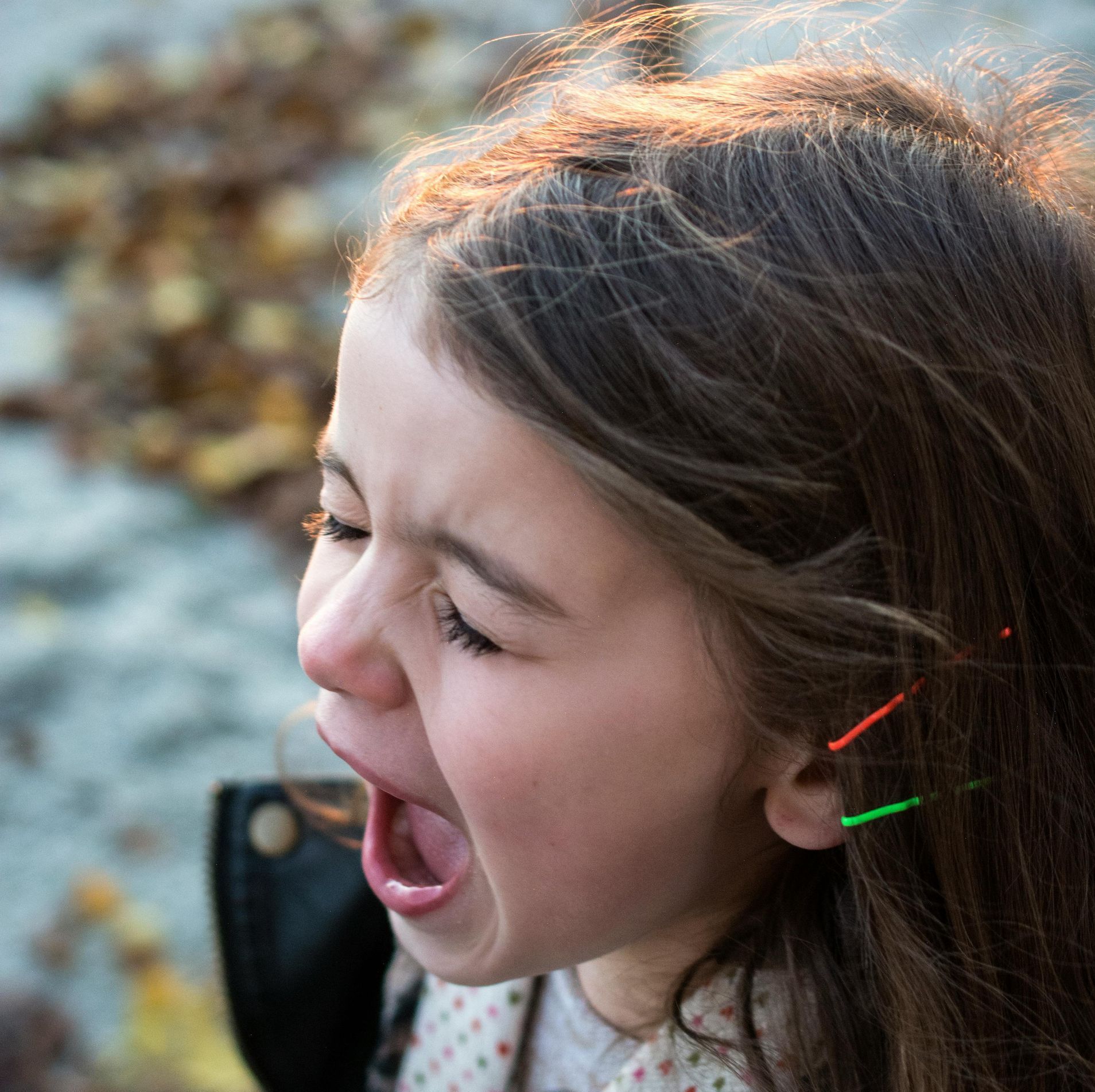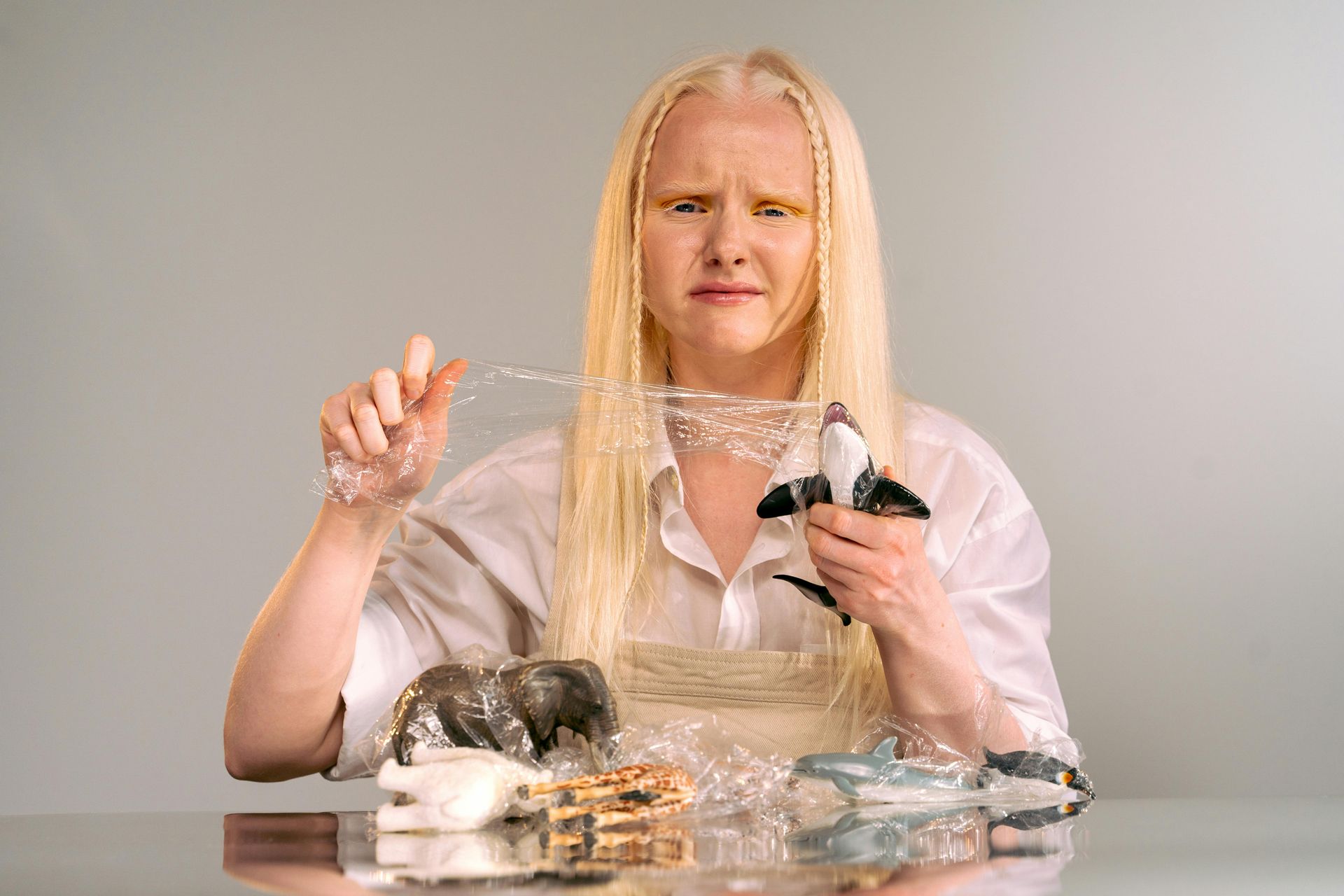Attention Deficit Hyperactivity Disorder (ADHD Treatment)
ADHD, or Attention Deficit Hyperactivity Disorder, is a neurodevelopmental condition affecting many children and adults. For children, it is common to have trouble focusing once in a while or to have difficulty controlling behaviour. However, in ADHD, children may have persistent patterns of being unable to pay attention, be overly active, or having difficulty controlling behaviour, and these patterns often affect school, friendships, and family relationships. Effective ADHD treatment with a psychologist in Toronto at Yonge & Eglinton ON can provide strategies and support to manage these challenges. These symptoms typically emerge under the age of 12.
Symptoms of ADHD in children include:
- Frequent daydreaming
- Forgetfulness or often misplacing thing
- Squirming or fidgeting often
- Talking too much
- Taking unnecessary risks
- Having difficulty resisting temptation
- Having trouble taking turns
- Difficulty getting along with others

ADHD in Adults
ADHD can also be seen in adults as it can often go undiagnosed in childhood.
Symptoms in Adults
- Often being late or forgetful
- Low self-esteem
- Impulsivity
- Substance misuse or addiction
- Difficulty staying organized
- Difficulty controlling anger or getting frustrated easily
- Procrastinating
- Trouble concentrating when reading
- Mood swings
- Anxiety or Depression
- Trouble in relationships
- Often feeling bored
- History of poor academic performance or problems at work
How is ADHD treated?
Psychotherapy can assist individuals with ADHD to learn ways to handle emotions and frustration, as well as improve self-esteem. Specifically,
cognitive behavioural therapy and
mindfulness can help individuals improve focus, concentration, and patience.
Family therapy can also help parents and siblings manage stress that may be created within the family. Individuals who do not seek ADHD treatment may have trouble managing time or remembering things, which can begin to cause problems in work and relationships.
If you or someone you know is struggling with Attention Deficit Hyperactivity Disorder, contact us to see how we can help. We serve Yonge & Eglinton ON.
Aggression
Aggression can be defined as angry or violent feelings or behaviour. However, it's important to note that individuals who are aggressive are not necessarily violent. Having aggressive outbursts occasionally is common. However, you should seek help if you are experiencing aggressive behaviour frequently. Aggressive behaviour can be linked to depression , anxiety , PTSD , or other mental health conditions.
Examples of behaviour that may be considered aggressive include:
- Shouting
- Cursing
- Personal insults or name calling
- Threatening gestures
- Sexual harassment
- Emotional abuse
- Physical abuse

Aggression in Children
Aggression in children can come in many forms including temper tantrums , hitting, kicking, biting, cursing, or making threats. Often aggression in children can be signs of mood disorders like bipolar disorder or depression , as well as ADHD . Additionally, aggression can sometimes be a response to trauma .
Anger
Anger is one of our most basic human emotions and is related to our response to threats. Feeling angry in certain situations is normal, but feeling angry all the time can cause significant problems in social, work, and family life. Anger can also trigger physical symptoms like an increased heart rate and high blood pressure. Mild anger may be caused by fatigue, stress , irritability, grief, or sadness .
Signs that anger may be a problem is:
- Often holding in anger
- Getting into fights with friends and family often
- Threatening to hurt other people or damage property
- Feeling like you cannot control your anger
- Having problems with the law
Cognitive-behavioural therapy (CBT) can be effective in helping individuals explore sources or anger and finding better ways to control it. Additionally, mindfulness can be helpful to calm anger in the moment when it occurs.
Temper Tantrums
Oppositional Behaviour

It’s extremely common for children to have occasional outbursts of frustration and disobedience, but a persistent pattern of anger and defiance could be a sign of oppositional behaviour, or possibly oppositional defiant disorder (ODD).
Some example of oppositional behaviours in children can include:
- Frequent temper tantrums or episodes of anger
- Being unusually angry or irritable
- Refusing to follow rules
- Excessive arguing with adults and authority figures
- Always questioning or disregarding rules
- Blaming others for their behaviours
- Being easily annoyed
Oppositional behaviours can also occur in adults and can include:
- Feeling angry at the world
- Having a strong dislike for authority figures
- Being defensive or not being open to feedback
- Blaming others for their mistakes or behaviours
Oppositional Behaviour FAQs
What are the signs of Oppositional Defiant Disorder (ODD) in children?
Children with ODD often display frequent anger and temper tantrums, refuse to follow rules, and deliberately cause trouble. These behaviours are typically directed at authority figures like parents or teachers. They are also more frequent and severe than what is typically expected for a child’s age and developmental stage.
How is ODD different from typical childhood defiance?
It’s normal for children to push boundaries, but ODD goes beyond typical defiance. The behaviour is more intense, occurs more often, and lasts for at least six months. It also causes significant relationship problems and problems with daily functioning, such as in school or home.
What treatment options are available for children with ODD?
Effective treatment for ODD usually includes parent training, family therapy, and/or behavioural therapy for the child. Sometimes, school-based support is also helpful. The treatment focuses on teaching the child practical coping skills to deal with anger and frustration, improve communication, and help parents set consistent boundaries regarding behaviour.
Addiction
Addiction is a psychological and/or physical inability to stop using a substance or doing an activity, even though it is causing psychological and/or physical harm. Addictions do not only involve substances but can also involve activities like gambling, eating, or working. In these circumstances, we call these behavioural addictions.
One way to explain addiction is the presence of the 4 C’s
- Craving
- Loss of control
- Compulsion to use
- Use despite consequences
Common symptoms of addiction include:
- Uncontrollable seeking substances
- Engaging in harmful levels of habit-forming behaviour
- Neglecting or losing interest in activities that do not involve the substance or behaviour
- Relationship difficulties
- An inability to stop using the substance or performing the behaviour
- Hiding substances or behaviours
- Profound changes in appearance
- Increased risk-taking

How are addictions treated?
Addictions can be treated in a variety of ways. Some modalities including motivational interviewing and cognitive-behavioural therapy can help individuals address the underlying reasons why individuals are using substances or performing behaviours and increase motivation for change.
If you’ve noticed any of these symptoms, you may be suffering from an addiction. Contact us for a free 15 minute consultation to see how we can help.

How are impulsive behaviours treated?
Dialectical behaviour therapy (DBT) can be effective in helping individuals build skills to reduce impulsive behaviours and gain control over impulses. Additionally, mindfulness can help individuals become more aware of their actions and take time to consider consequences.
Impulsivity
Impulsivity or impulsive behaviour, are actions that are unplanned and happen quickly with no thought as to the consequences. People who are impulsive may be described as unpredictable or unstable. Symptoms of impulsivity can include:
- Abruptly changing or cancelling plans
- Binge eating or drinking
- Destroying property
- Escalating confrontations
- Jumping to conclusions
- Frequent emotional outbursts
- Overspending
- Engaging in self-harm
- Suddenly quitting a job or making significant life changes
We can all act impulsively from time to time, however, impulsive behaviours may be a part of a mental health disorder if there is a pattern of impulsive behaviour, or if an individual is unable to gain control over their impulses. Some disorders linked to impulsivity are ADHD, bipolar disorder, substance use disorders or addiction, trichotillomania, and antisocial personality disorder.



